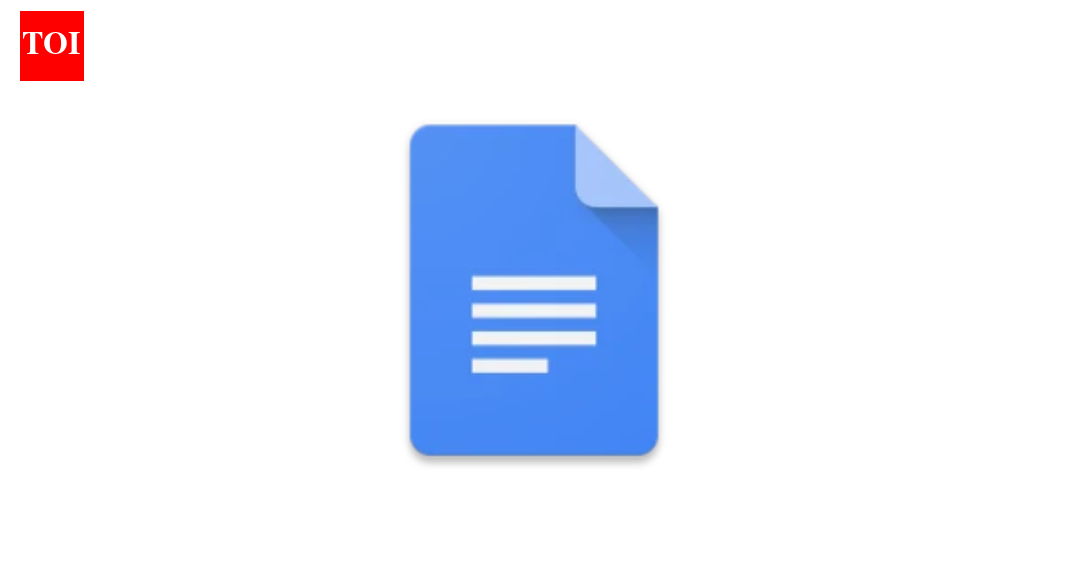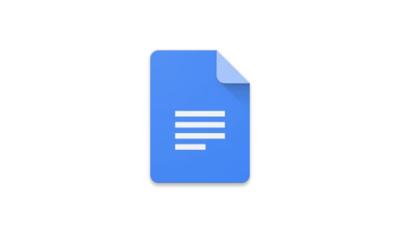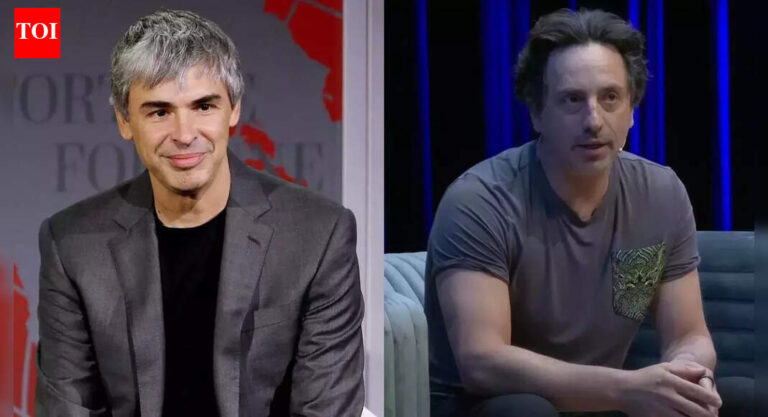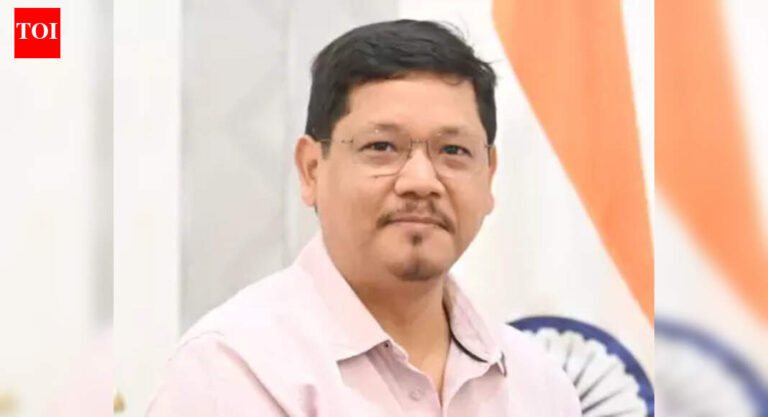
Winston Weinberg, CEO of $5 billion AI legal tech startup Harvey, has ditched traditional job interviews in favor of an unconventional approach: conducting candidate assessments asynchronously through Google Docs.“In my experience, this is the best way to separate good interviewers from good operators,” Weinberg told Business Insider, explaining that the shared document format reveals how candidates actually work versus how well they present themselves.
Speaking on the “Access” podcast, Weinberg said the method exposes a critical hiring problem: “There are folks that are really good at talking and terrible at doing.” He’s found that candidates who excel at “presenting things” often “break down” when writing out responses to direct questions in real-time.The Google Doc interview involves quick writing samples and working through problem sets collaboratively. Going back-and-forth on challenges in the document serves as a “very good indicator of how well we’d work together,” Weinberg explained on the podcast.Harvey has used this technique for all recent executive hires among its approximately 350 employees. Since its 2022 founding, the company has raised over $500 million and now serves lawyers at eight of the 10 highest-grossing US law firms.Weinberg advocates starting interviews asynchronously because it mirrors actual work conditions. “With the reports that I work best with, it’s async,” he said. “Otherwise, we’re going to have 17 strategy meetings to do anything.”The approach addresses what he sees as a red flag: candidates who constantly request one-on-one strategy sessions rather than delivering results independently.As tech companies pursue “talent density”—making teams smaller and more efficient—unconventional interview methods are gaining traction. AI cheating tools have further disrupted traditional interviews, pushing some companies back to in-person assessments.Harvey’s document-based approach offers a middle ground: verifying candidates’ abilities while maintaining the flexibility of remote hiring in an era where presentation skills can mask operational shortcomings.








